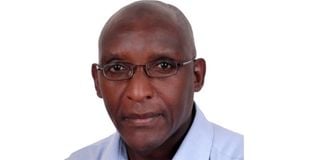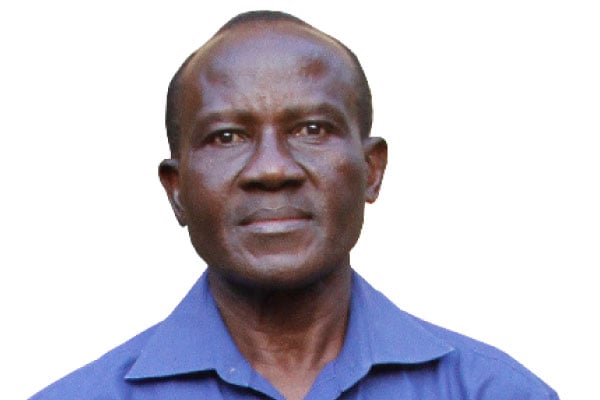Prime
EAC myths said at independence fete

Author: Okodan Akwap. PHOTO/FILE.
At the 60th Independence Day celebrations held in Kampala, several leaders in the East African Community (EAC) had some very nice things to say about the regional bloc. Let’s have another look at what some of them said so that we can separate myths from truths.
President Museveni said: “The best formula, if possible, so as to create a framework for guaranteeing the prosperity of people, is the United States of America formula – which entails both political and economic integration. Here, in Africa, it points to the creation of political federations like the one of East Africa.”
That’s raw myth. There’s no political federation in East Africa and there may never be any such a thing in President Museveni’s lifetime. The President was expressing his wish, his longing and his dream. Sometimes he waves a 1963 copy of Uganda Argus newspaper with a front-page headline saying, ‘East African federation now.’ But the picture remains not so sanguine.
Dr William Ruto, President of Kenya said: “Mzee Museveni is our elder and we have tremendous respect for him and we now look up to him to work so that we can remove the borders that separate our people in East Africa and Africa.” That respectful tone was mythical. He should have said: “Mzee Museveni, East Africa is yours, Kenya is mine.”
There are two reasons why. First, Kenya’s historical reluctance to be East Africa’s leading goose. Geese fly in a V formation with one goose in the lead. Should it get tired then it respectfully falls behind, letting another one to take the lead. That’s not the case with Kenya. At the time the EAC was revived in 1999, the priority of Mzee Daniel arap Moi, the then Kenyan leader, was to assert his autocratic rule over Kenyans. All post-Moi presidents have focused on nurturing Kenya’s democracy. They placed their hopes in the 2010 Constitution.
Second, Ruto has a monumental challenge to deliver on two of his campaign promises – lowering the cost of living in the country and re-engineering the economy from bottom-up. Here, Ruto’s problem has a name: Raila Amolo Odinga, the doyen of Kenya’s Opposition politics; he has locked horns with every Kenyan president except Mzee Jomo Kenyatta. To keep an eye on the political movements of Odinga, Ruto probably sleeps with one eye open.
Prof Manasseh Nshuti, Rwandan minister of State for East African Affairs said: “The people of Rwanda and the people of Uganda are brothers and sisters brought together by one unity of purpose and destiny, we are to remain so forever.” Pure myth. The nation-state is perhaps the most selfish entity in the world. It knows no brothers and sisters. It knows allies and national interests.
To illustrate the selfishness of the nation-state, let’s cite one example. On October 31, 2017, Tanzania burnt to death 6,400 day-old chicks, saying they had been imported from Kenya illegally. The chicks were impounded at the Namanga border post between the two countries. It was quite shocking. But just three months later, Tanzania again incinerated 5,000 day-old chicks allegedly imported illegally from Kenya. Who does that to brothers and sisters?
Lihau Ebua Jean Pierre, vice prime minister and minister of public service of the Democratic Republic of Congo (DRC) said: “We have a lot to share in this region.” Half-truth, half myth. Look at this conflicting situation. Kenya, Uganda, Rwanda, and Burundi are also members of the Common Market for Eastern and Southern Africa. Tanzania and DRC are also members of the Southern African Development Community. Rwanda and Burundi are also members of the Economic Community of Central African States, and Rwanda, Burundi, and DRC are members of the Economic Community of the Great Lakes Countries. Yes, we have a lot to share but is EAC really together?
Indeed, Évariste Ndayishimiye, Burundi’s President said: “We can only be strong when we come together, we are one people with one destiny.” Half-truth, half myth. Yes, we need to come together. But to become one people with one destiny, the full truth may lie in the weird tweets of one army general.
Okodan Akwap (PhD) is an associate consultant at Uganda Management Institute.




